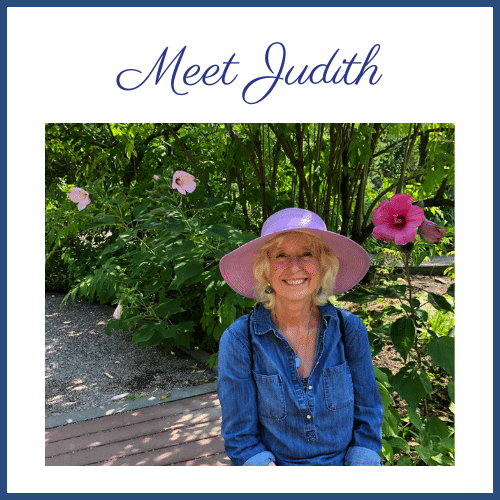Many individuals with lobular breast cancer have found LBCA after they were diagnosed. They want to help build a community among peers, to share the most current information about invasive lobular carcinoma (ILC) detection, treatment, and clinical trials, and to raise awareness about this common yet understudied breast cancer subtype that needs more research. Sharing their stories is one of those ways.
My family history of breast cancer is pretty extensive – one if not two grandmothers (one didn’t talk about breast cancer back then, but I do know my mother’s mom died of breast cancer), my mom in her late 30’s-early 40s (my teens), and my 21 year old daughter. I am therefore sensitive to my own potential for breast cancer, and, as a biologist, I learned that it is important to eat well, exercise and be outside, have a spiritual practice, and keep stress controlled as much as possible. The latter was difficult due to various life situations, but I tried.
I had relatively large dense breasts, and I learned that mammograms may not be the most effective diagnostic tools for that situation. When a clinician found something questionable during a routine mammogram, I would be referred for a sonogram for more sensitive diagnostics, which indicated to me that sonograms may be more appropriate under my conditions. However, insurance does not cover sonograms unless for further diagnostics following a mammogram.
Several years ago, I learned of a way to get sonograms outside of a clinical situation at low cost, which I added to my mammogram regimen on my own. In June 2021, an anomaly was found in such a sonogram, which I then took to my local cancer clinic for further analysis, which identified what appeared to be very early stage ILC.

Being a biologist, I did extensive review of ILC literature, learning that it is both different than ductal breast cancers and that it therefore required different treatments and approaches. I also learned that there is still a lot to learn about ILC. LBCA was a wealth of information – I read the scientific literature, watched the panel presentations, and wrote down my questions for the oncologist.
As the local hospital system treated both IDC and ILC the same, I self-referred to a hospital system four hours away that was experienced in ILC. As a healthy and active woman in my late 60s, I did not want to take any chances. My Significant was supportive and helpful in every way, trusting my instincts and my research, and contributing financially with travel expenses and logistics and emotionally with love and acceptance for what was needed.
My oncologist was wonderfully open to discussing my ILC questions based on my research, and we worked out a plan together consistent with what I wanted and what the research indicated. I also have a long-term integrated wellness doctor who has traveled with me on my physical and psychological journeys for several decades and provided me a kind, supportive, and informed mirror on this ILC journey. I was very fortunate!
I believe that I am cancer-free, while understanding that ILC can be a sneaky thing over time. I am so grateful to all my doctors and support staff, and my Significant for all his loving and constant support in all ways. I am especially grateful to LBCA for all your studies, publications, conferences, ILC advocacy, and plain language summaries. LBCA provided solid information based on reality, which ameliorated my fears, made me an active and affirmative partner with my doctors, and I believe helped save my life.
Are you interested in telling others about your own lobular breast cancer story? Please email communications@lobularbreastcancer.org to request more information on how to submit your story. For more information about lobular breast cancer or to make a gift visit lobularbreastcancer.org.

